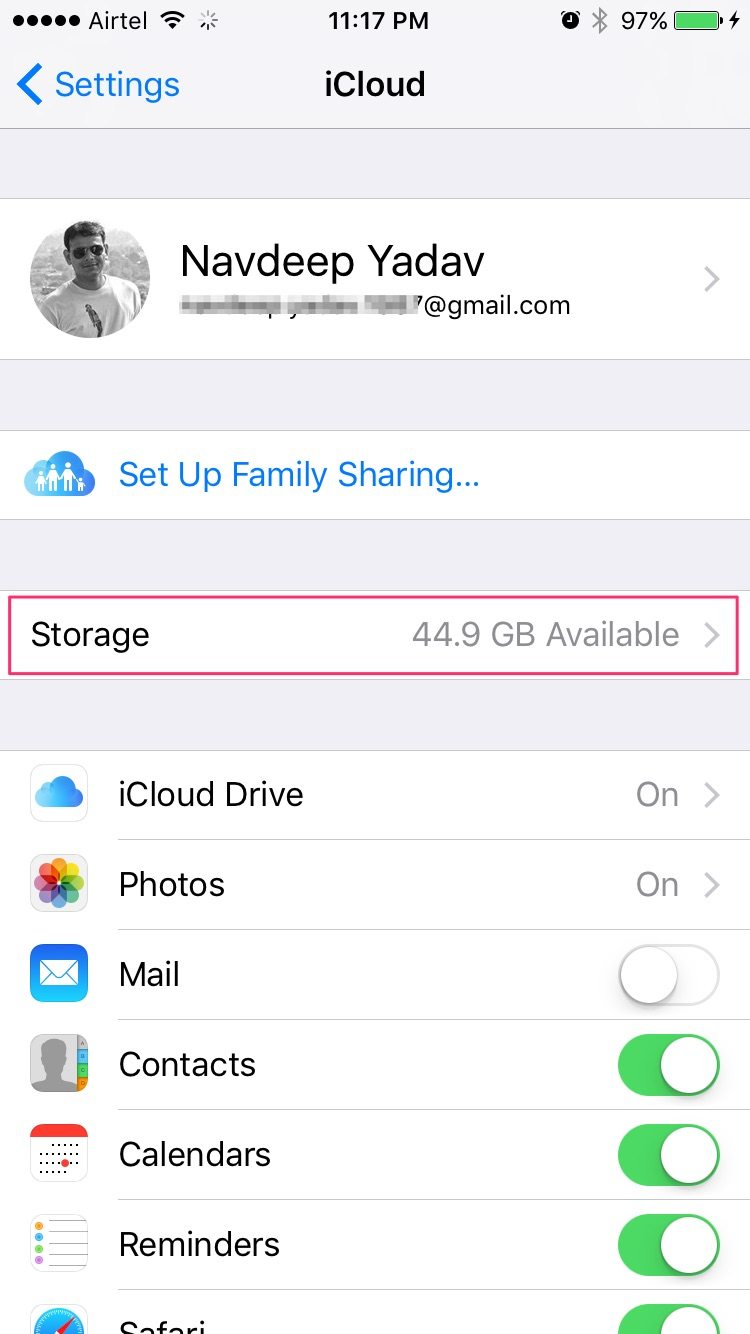
Start with the premise that life is inherently risky. There is no way to completely insulate yourself from the disastrous possibilities that greet you every morning. Driving to work, or taking a bus or taxi entail risk. Choosing breakfast is fraught with consequences if you study nutritional reports. Even your morning glass of water or cup of coffee can expose you to health hazards! So don't drive yourself crazy with the minutia of risk.
Instead, think of these larger areas where you can either adjust your behavior, buy insurance, or otherwise materially diminish the risks of life. In every case, ask yourself "what if" the worst happens, How have you prepared, What could you be doing to minimize risk, Health Risks -- You might naturally think that you've covered your risks if you have adequate health insurance. But an even greater hedge against health risks would be to start exercising or eating in a more healthy way. This is a great example of a situation where prevention is better than insurance coverage for costs.
Then there are some aspects of health that can only be dealt with through insurance to diminish the risk of financial ruin. Long-term care insurance is one of those situations where the risks of being uninsured outweigh the cost of being prepared. Technology Risks -- Surely, you have a firewall for your computers and/or a program to intercept viruses.
And you have password-protected your smartphone or tablet. But what is your backup plan for the technology itself, Do you backup your work on the cloud, Do you have a second email address, in case your email is hijacked, If you don't have a smartphone, have you at least written down the phone numbers in your dialing directory,
Have you registered your devices using apps like "find my iPhone" or Lojack, It's the combination of the physical aspects of your technology, along with the information stored in it, that combine to put you at risk -- either for your business or your social contacts. You can always buy another smartphone -- but losing your appointment calendar because it wasn't properly backed up is a priceless disaster. Similarly, backing up your computer on a hard drive -- and then putting the drive in your bottom drawer -- exposes both to the risk of fire.
Property Risks -- Insurance is designed to pay for things you lose. And it's important to update your insurance coverage, as well as to add or "schedule" valuable items such as jewelry or other new purchases. But even replacement cost insurance can't really cover the personal disaster of loss of irreplaceable items. If your family photos are backed up in the cloud, and if you've scanned the older family photos taken before the digital age, you can reprint the paper versions and replace the memories.
That would be a true hedge against risk. But it's the preventive things you didn't do that will have you kicking yourself if disaster strikes. Fall is the time for new batteries in smoke alarms. Get a carbon monoxide detector before you start the furnace in fall, and get the furnace checked.
Property risk sneaks up on you. Financial Risks -- The greatest risk is losing your source of income, or running out of money in retirement. The risk of job loss is tough to hedge. Everyone has had the sinking feeling when impending layoffs are announced, or a company is merged.
The only way to hedge against those risks is to keep your resume current and stay in touch with people in your industry. When it comes to retirement, and having "enough" money, most people simply despair of figuring it out -- despite a slew of television commercials from financial services companies offering help in analyzing your situation. Risk is part of everyday life. But just as thoughtful businesses make it a point to scan for risk and take steps to mitigate it, so should you. An ounce of prevention is a great hedge against risk. And that's The Savage Truth.



0 Comments